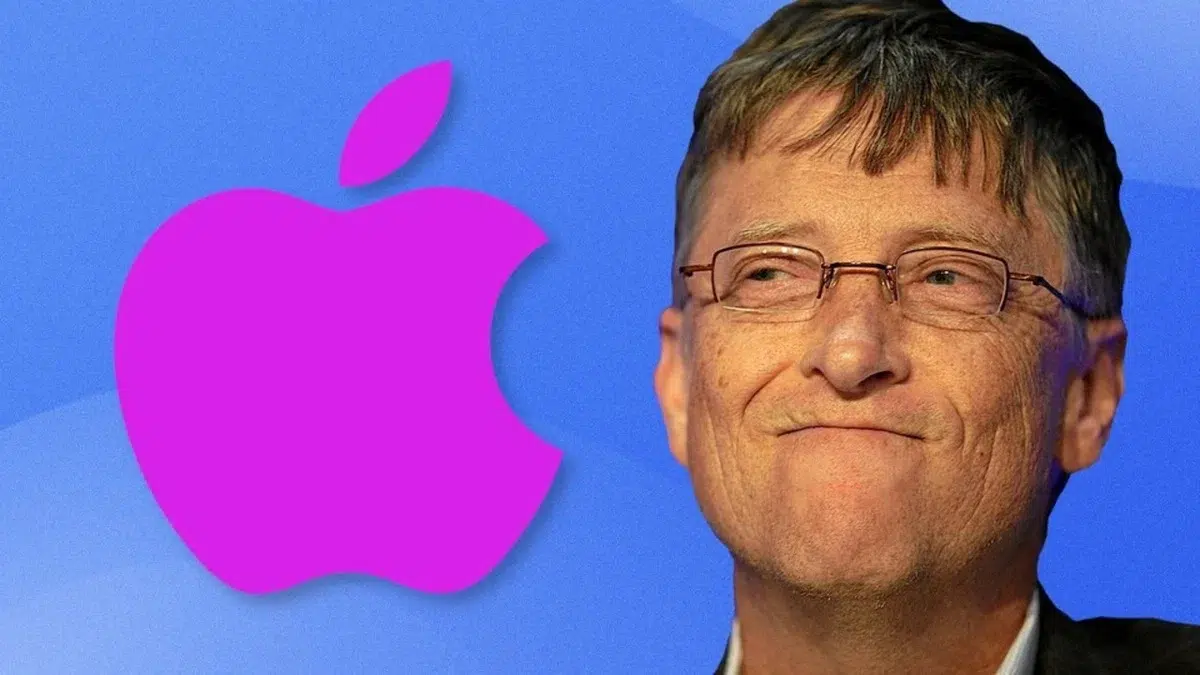Show table of content Hide table of content
In May 2005, Microsoft co-founder Bill Gates gave an interview to the Frankfurter Allgemeine Zeitung (FAZ). At the time, Apple’s iPod was at the height of its glory, selling millions of units every year and revolutionising the way people listened to music. In that interview, Gates made a bold prediction: he said that the iPod’s success would not last, as smartphones would soon arrive and offer users far more functionality. Nearly 20 years on, it’s clear that Gates was right. The iPod was eventually supplanted by the iPhone and other smartphones, which have become indispensable devices for most people.
Two major statements by Bill Gates accurately predicted the future of tech in 2005
But what’s even more interesting is that Gates also predicted some of the key aspects of what smartphones would be like. Here’s what the billionaire had to say in 2005. As a reminder, the first iPhone wasn’t released until 2 years later, on 29 June 2007.
Gates said: “I think this area (the mobile phone market) is of absolute strategic importance, and I’ll tell you why: the challenges of the mobile communications market are exactly where we (Microsoft) see our strengths. More and more functionality will be integrated into a single device, and that will require software solutions.”
Unluckily, it was Google and Apple who provided most of the software solutions for smartphones with Android and iOS. Windows Phone was not a great success, of course, but Gates knew that he had to get into this sector quickly, before the general public could even imagine that we would have mini-computers in the palm of our hands. Smartphones were still in their infancy, and the tech giants had already realised that they were going to change the world :
“I don’t think the iPod’s success can last, as good as Apple is. I think you can draw parallels with computers: there too, Apple was once extremely strong with its Macintosh and its graphical interface – a bit like the iPod today – only to lose its position. Consumers want more possibilities, and they’ll get them, because there’s so much innovation in this area.”
Again, bad luck for Microsoft, as Apple has managed to remain a pioneer in terms of innovation, and it was Apple itself that killed off the iPod by betting everything on the iPhone. Having said that, we repeat, even if Bill Gates wasn’t able to convert his analyses into billions of dollars, because others were drawing the same conclusions as he was, he was nonetheless right. Yes, consumers wanted more and more possibilities, yes, the iPod was destined to be replaced by a more versatile device. Where Apple was clever was with the App Store, making the number of possibilities almost limitless.
AI: the next revolution announced by all the tech giants… but who will win?
We just wanted to share this old interview with you. We think it’s important because it shows that the tech giants are always one step ahead when it comes to analysing general trends. If everyone is talking so much about AI these days, expect to see your lives turned upside down by it in the next year or two. But one question remains: who will win this AI race? Windows with Copilot? Open AI with Chat GPT? Apple, which should be boosting Siri very soon? Google with Gemini? Elon Musk with Grok? META (WhatsApp, Facebook, Instagram) with Llama and Meta AI? Or a lesser-known but formidable company like Mistral? There are a lot of players out there, and this is a historic moment for the tech world. All these players have excellent arguments. Don’t blink.


